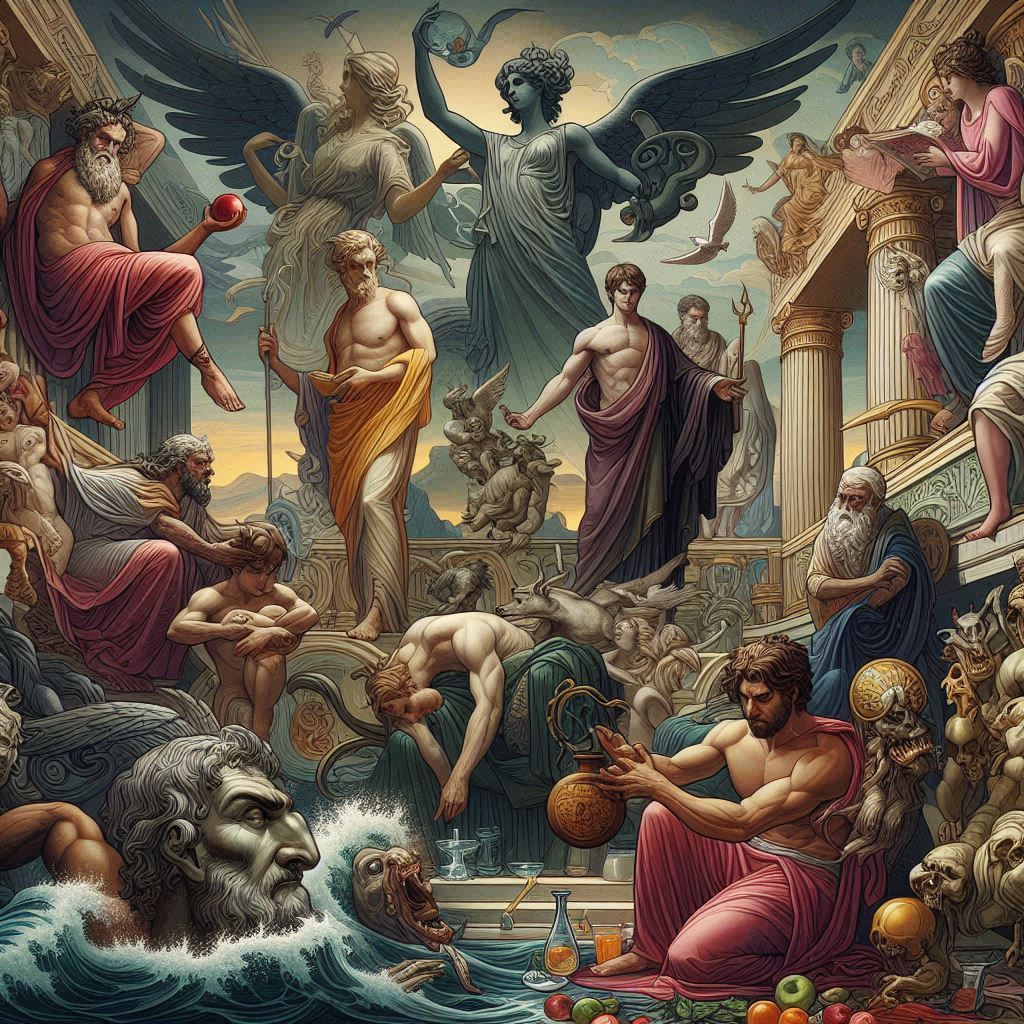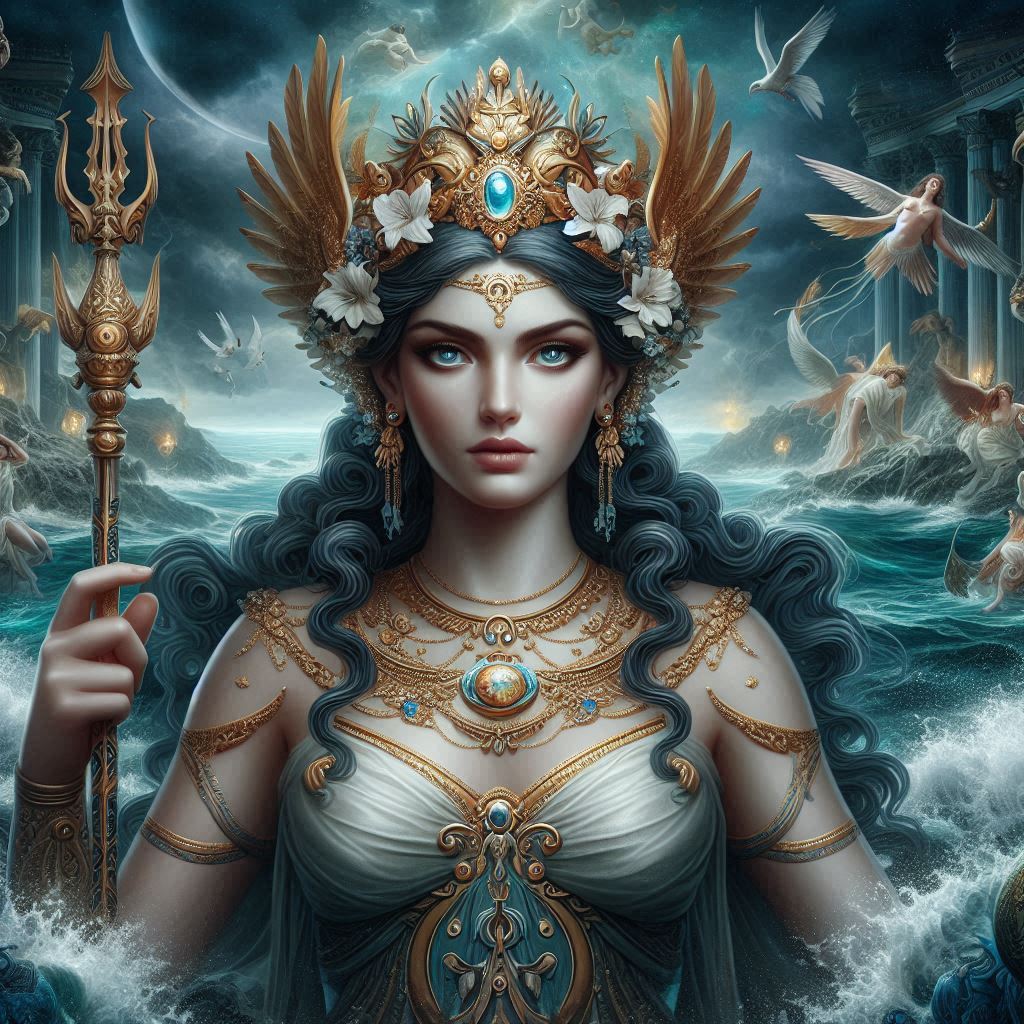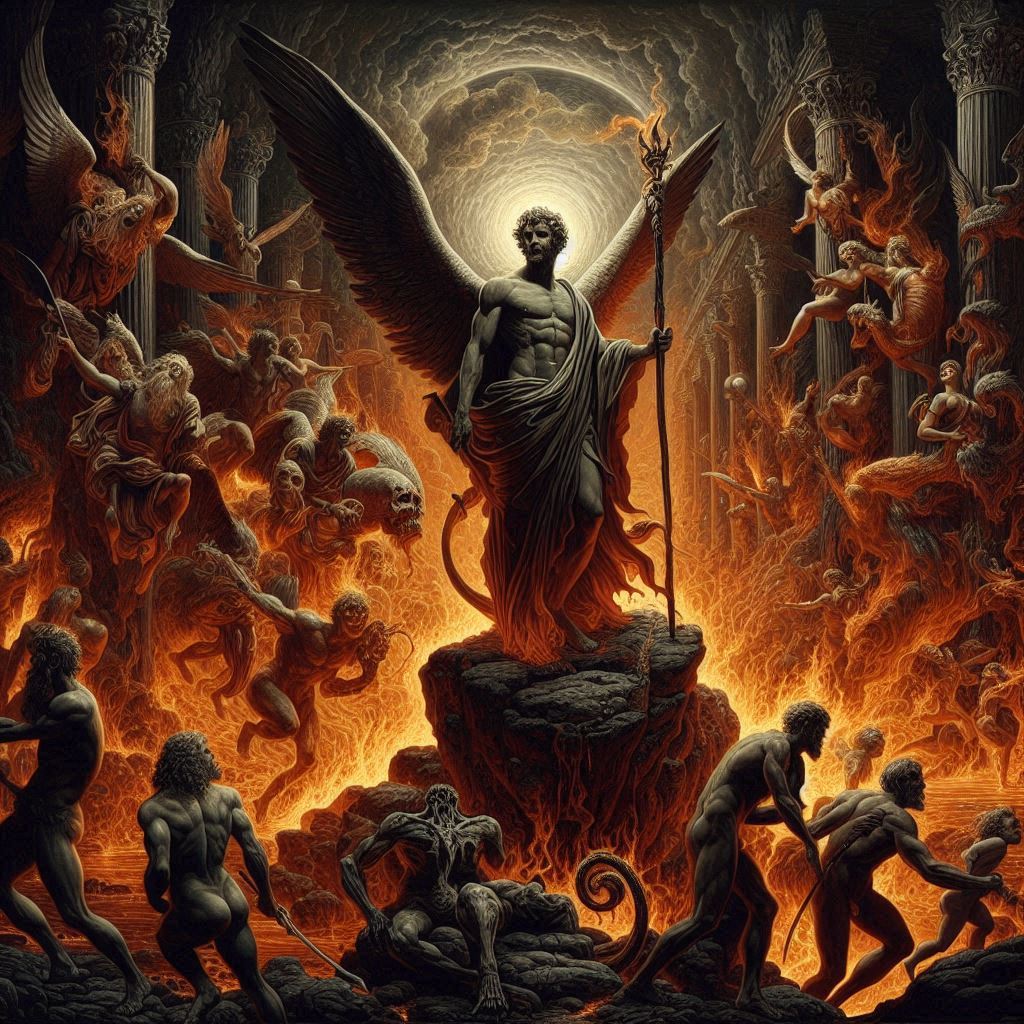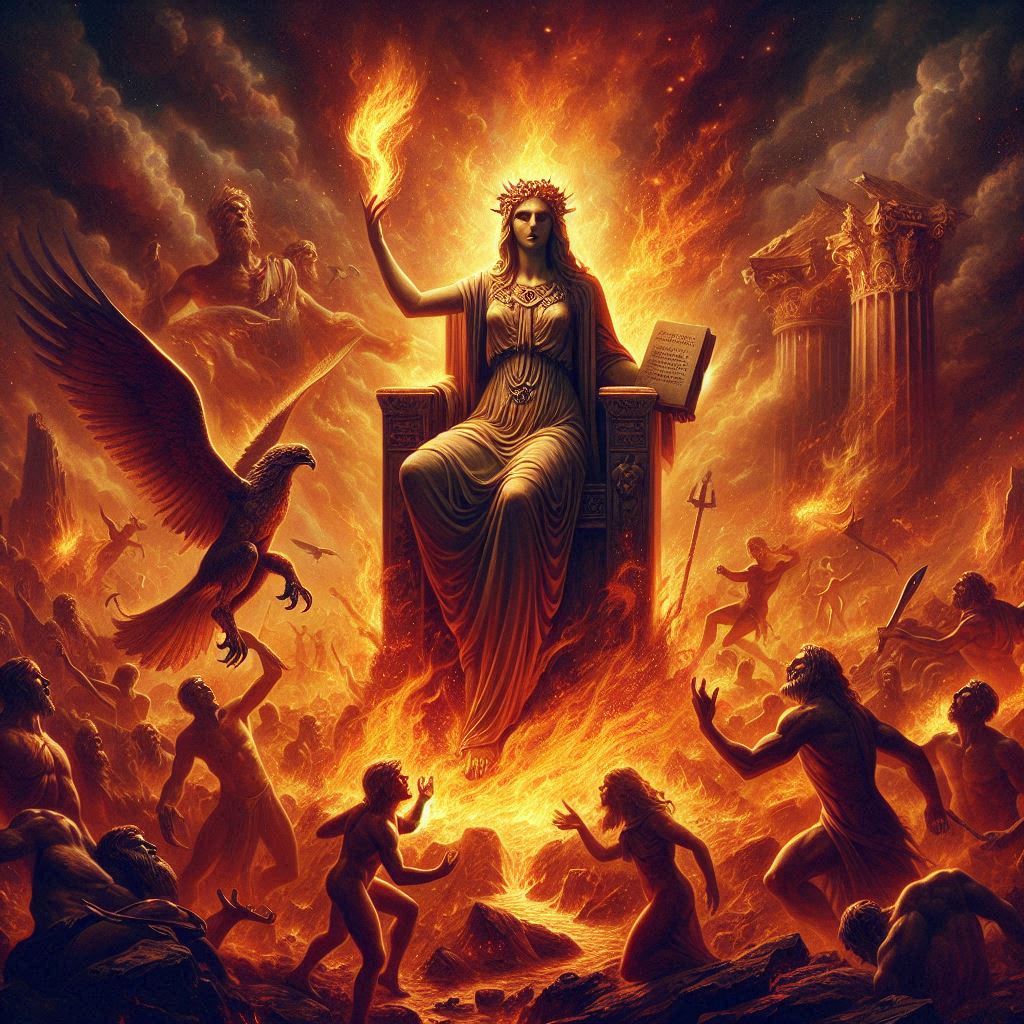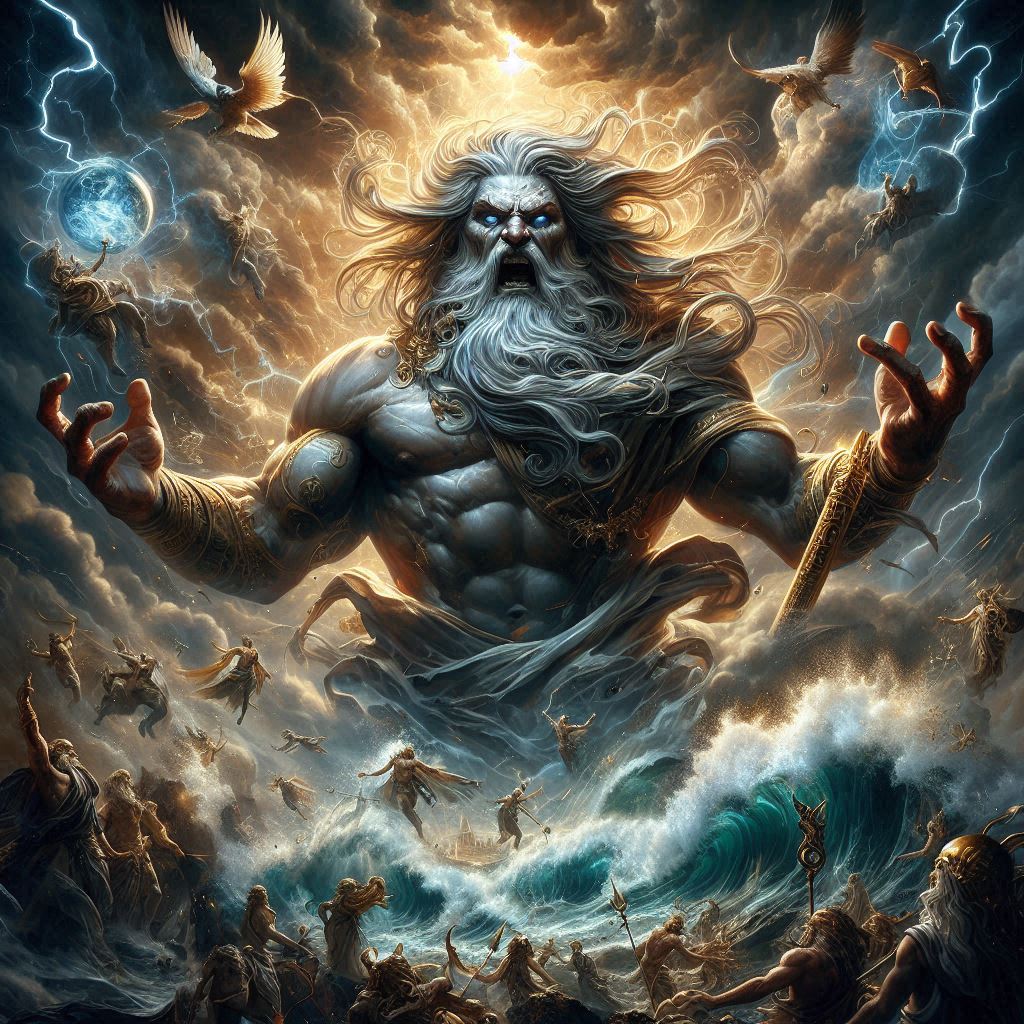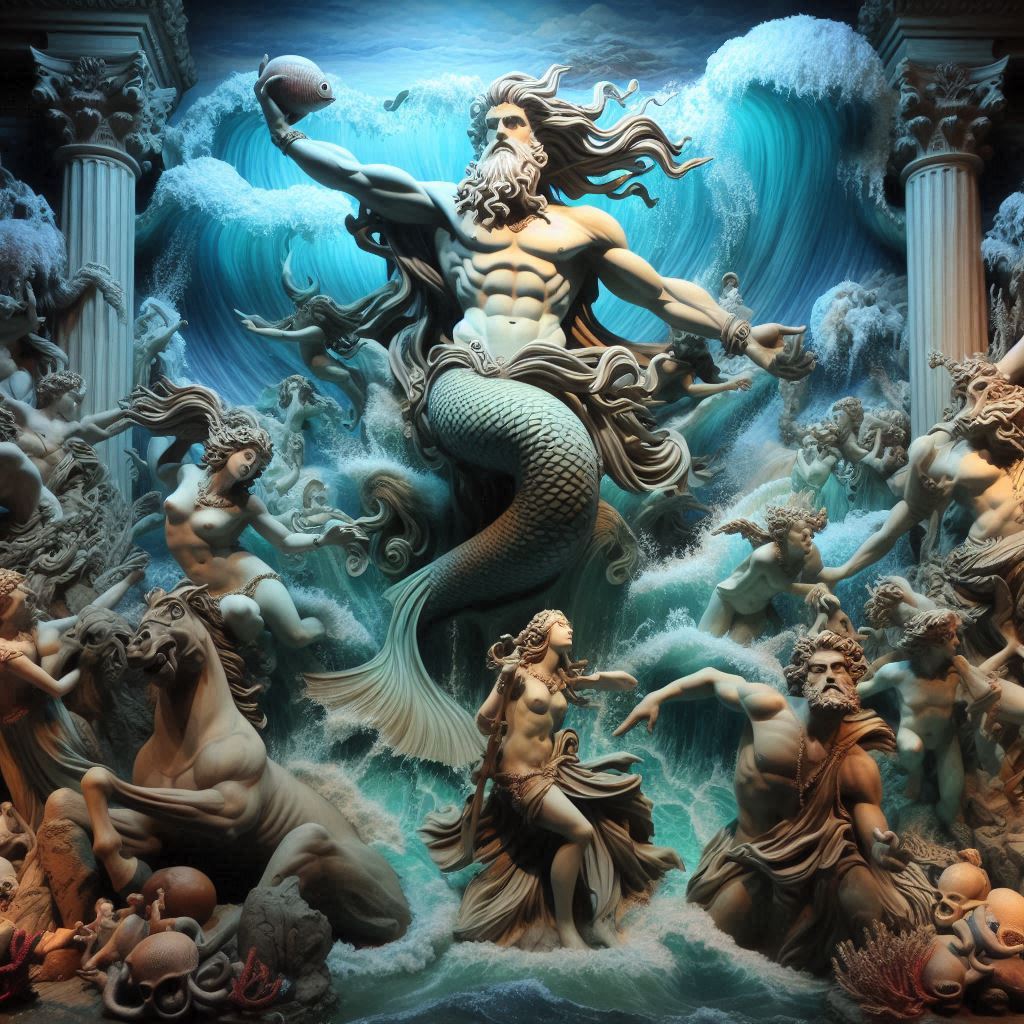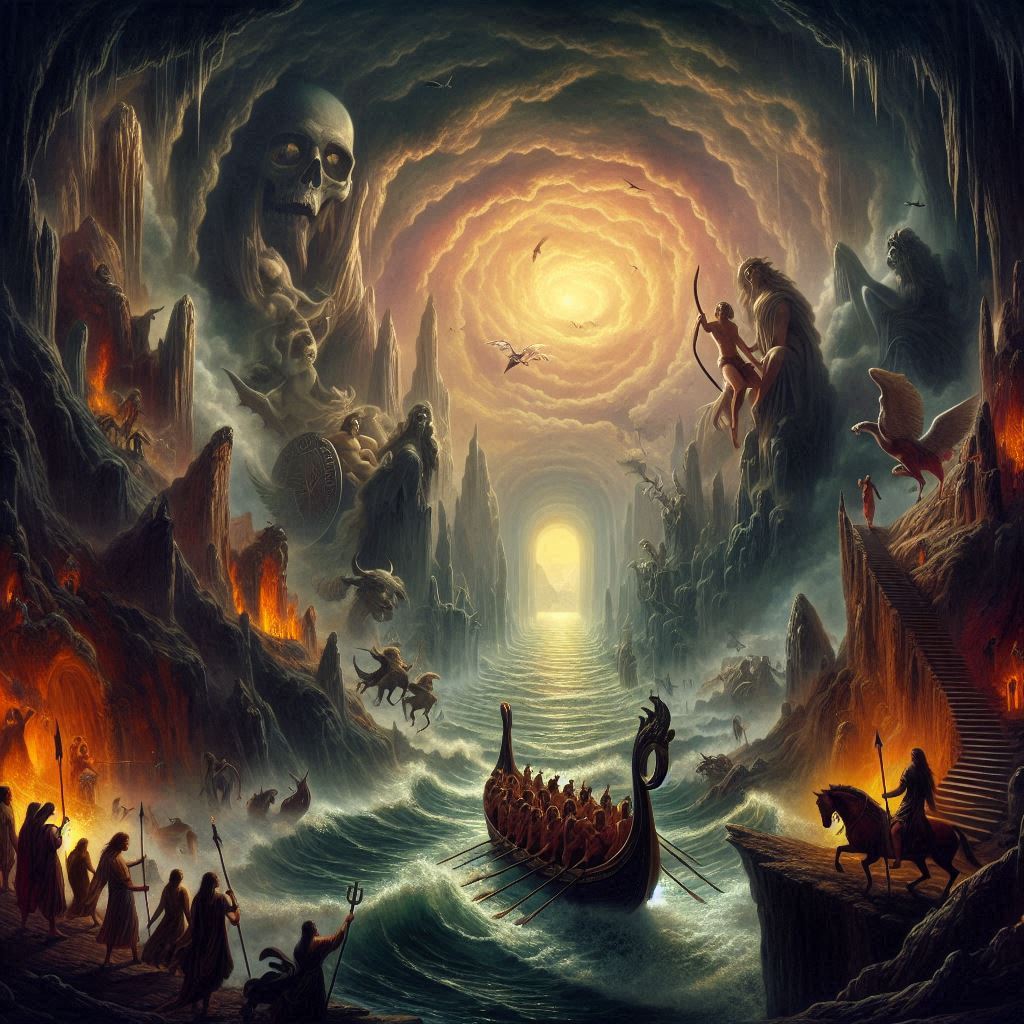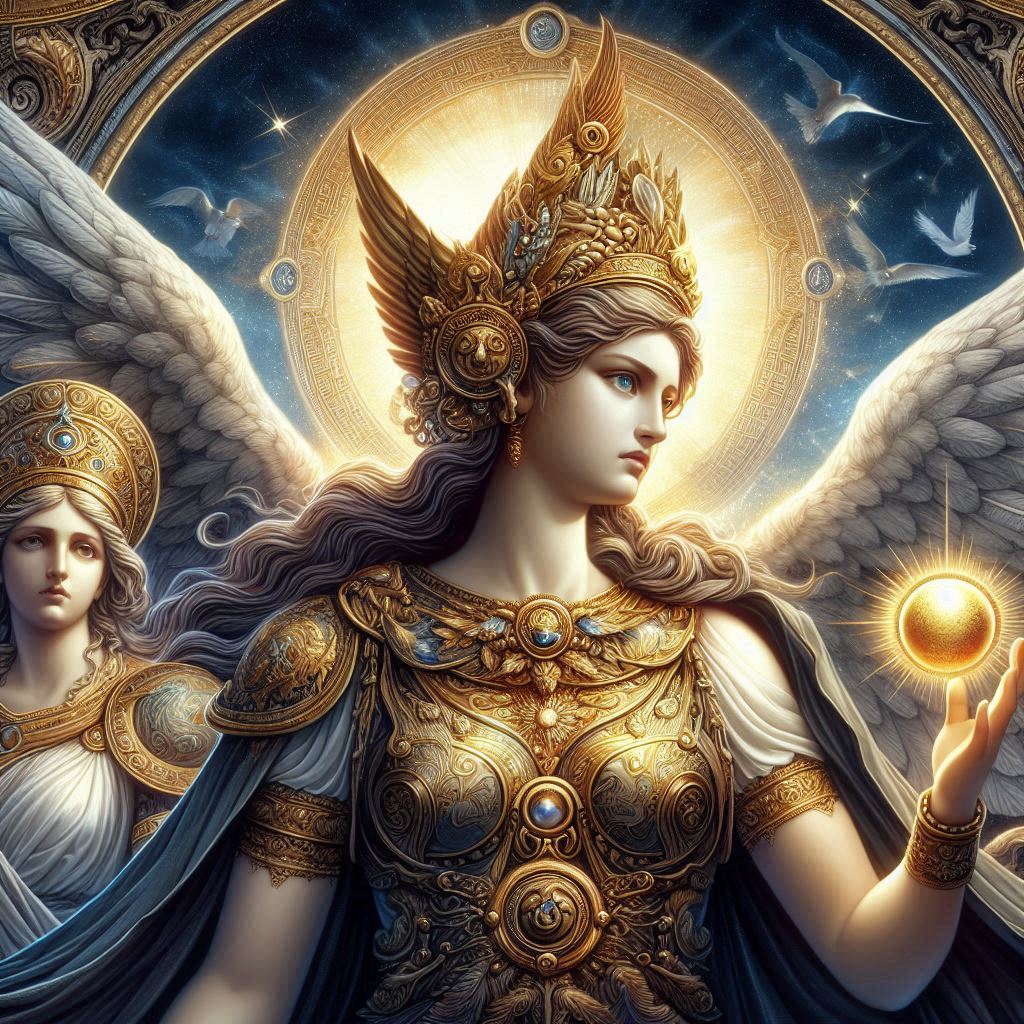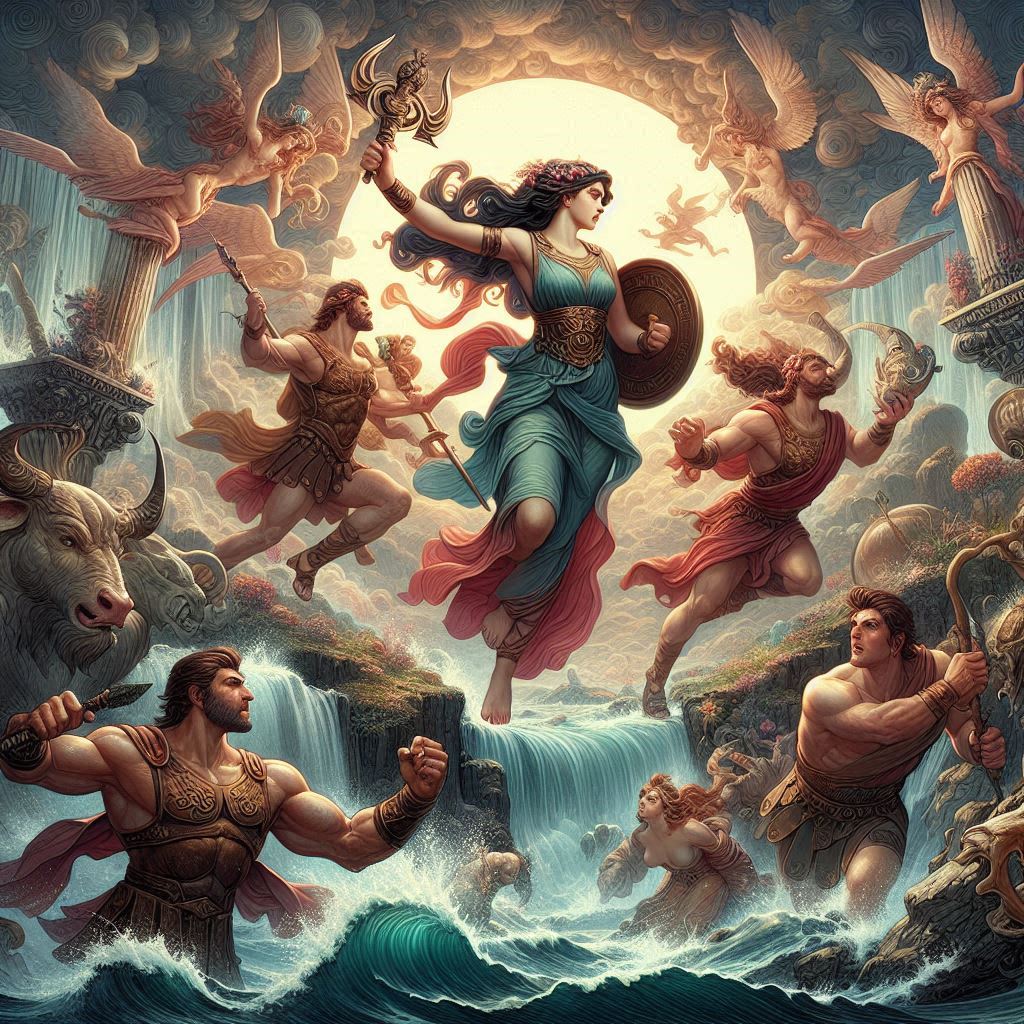Greek mythology is replete with tragic heroes whose stories delve into the depths of human emotion, ambition, and fate. Among these figures, Oedipus and Medea stand out as iconic examples of tragic protagonists whose lives are marked by hubris, fate, and the consequences of their actions. Their narratives, along with those of other tragic heroes like Ajax, Agamemnon, and Electra, explore themes of destiny, free will, moral ambiguity, and the complexities of the human condition.
Oedipus, the legendary king of Thebes, is perhaps one of the most well-known tragic heroes in Greek mythology, immortalized in the plays of Sophocles and other ancient writers. His story begins with a prophecy foretelling that he will kill his father and marry his mother, leading Oedipus to flee his home in Corinth to avoid this tragic fate. However, unwittingly, Oedipus fulfills the prophecy when he encounters his real father, King Laius, on the road to Thebes and unknowingly kills him in a fit of rage.
Upon arriving in Thebes, Oedipus solves the riddle of the Sphinx and saves the city from destruction, earning the throne and marrying Queen Jocasta, his biological mother. It is only later that Oedipus discovers the truth of his identity and the prophecy’s fulfillment, leading to a series of tragic events. Jocasta, upon learning the truth, takes her own life in despair, while Oedipus blinds himself in anguish and exile, wandering as a broken and cursed figure for the rest of his days.
The story of Oedipus is a timeless exploration of fate, irony, and the inexorable nature of destiny. Despite his attempts to defy the prophecy and shape his own future, Oedipus’s actions unwittingly lead to the fulfillment of the very fate he sought to avoid. His tragic downfall serves as a cautionary tale about the limits of human agency and the consequences of unchecked pride and ambition.
Similarly, the character of Medea, immortalized in the play by Euripides, embodies the archetype of the tragic heroine whose passions and desires drive her to commit heinous acts. Medea, a sorceress and princess of Colchis, falls in love with Jason, the heroic leader of the Argonauts, and aids him in obtaining the Golden Fleece. However, when Jason abandons her for another woman, Medea’s love turns to rage and vengeance.
In a fit of jealousy and despair, Medea plots a gruesome revenge, killing her own children to inflict maximum pain on Jason and his new bride. Her actions, driven by a combination of love, betrayal, and wounded pride, showcase the destructive power of unchecked emotions and the moral ambiguity of vengeance. Medea’s tragic arc highlights the complexities of female agency, power, and the lengths to which one may go in the pursuit of justice and retribution.
Ajax, another tragic hero from Greek mythology, is renowned for his strength, valor, and prowess in battle during the Trojan War. However, his hubris and arrogance lead to a fatal rivalry with Odysseus, as both vie for the honor of receiving Achilles’ armor after his death. When the Greek leaders award the armor to Odysseus instead of Ajax, the warrior’s pride is wounded, driving him to madness and suicidal despair.
In a fit of rage and delusion, Ajax slaughters a herd of livestock, mistaking them for his human enemies, before ultimately taking his own life. His tragic downfall serves as a cautionary tale about the dangers of unchecked pride, envy, and the destructive consequences of losing sight of one’s humanity amidst the chaos of war and ambition.
Agamemnon, king of Mycenae and commander of the Greek forces during the Trojan War, is another tragic figure whose story is steeped in betrayal, hubris, and divine retribution. Upon returning home from the war, Agamemnon is greeted with suspicion and resentment by his wife Clytemnestra, who seeks revenge for his sacrifice of their daughter Iphigenia before the war began.
In a plot orchestrated with her lover Aegisthus, Clytemnestra murders Agamemnon upon his return, marking the culmination of a cycle of violence and betrayal that spans generations. The story of Agamemnon and Clytemnestra underscores themes of justice, vengeance, and the legacy of past sins, as the sins of the father are visited upon the children in a tragic cycle of retribution and bloodshed.
Electra, daughter of Agamemnon and Clytemnestra, embodies the archetype of the grieving daughter seeking justice and vengeance for her father’s murder. In the plays of Sophocles and Euripides, Electra’s relentless pursuit of retribution against her mother and her lover Aegisthus reflects themes of loyalty, duty, and the complexities of familial bonds.
The tragic heroes of Greek mythology, including Oedipus, Medea, Ajax, Agamemnon, and Electra, represent a diverse array of characters whose stories explore the depths of human emotion, morality, and fate. Their narratives serve as cautionary tales, moral inquiries, and timeless reflections on the complexities of the human condition, offering valuable insights into the nature of hubris, justice, redemption, and the inexorable forces that shape our lives.
